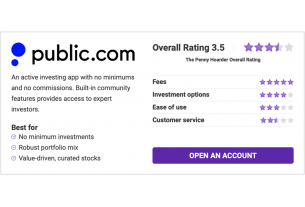NEW YORK, April 2025 — Investment banking giant Goldman Sachs has revised its forecast for a potential U.S. recession, lowering the probability to 45% from 65%, citing improved near-term economic outlook following former President Donald Trump’s decision to delay planned tariff hikes.
The shift in outlook marks a notable easing of concerns among market analysts who had previously warned that a resumption of aggressive trade policies could dampen business sentiment and consumer spending.
According to a note shared with clients this week, Goldman Sachs economists stated that the tariff pause reduces immediate inflationary pressures, stabilizes trade flows, and lessens downside risks to corporate investment — factors that weighed heavily in their original recession projection.
“The decision to delay additional import tariffs has helped reduce policy uncertainty and supports a more optimistic view of near-term economic momentum,” the Goldman team wrote, as reported by Bloomberg.
While the risk of a downturn remains elevated amid broader geopolitical tensions and persistent inflationary challenges, the revised estimate signals growing market confidence in the resilience of the U.S. economy.
Tariff Policy as an Economic Lever
Trump’s earlier rhetoric, including threats to impose sweeping tariffs on Chinese and Mexican imports if re-elected, had sparked unease in financial markets. His recent decision to postpone key tariff measures, however, has temporarily eased global trade tensions and reassured investors.
The delay comes amid efforts by Trump-aligned lawmakers and business leaders to avoid spooking markets ahead of the 2025 presidential election cycle. Economists note that tariff announcements often have ripple effects on supply chains, pricing, and consumer confidence.
Goldman’s outlook echoes recent updates from other major institutions, including the Conference Board, which also noted signs of moderate economic growth driven by strong labor market performance and resilient consumer demand.
What to Watch
Despite the lowered recession odds, Goldman Sachs cautioned that policy unpredictability remains a critical risk, especially as election-driven narratives evolve. The firm also flagged monetary policy, energy prices, and global financial conditions as key variables influencing U.S. economic trajectory in the coming quarters.
The Federal Reserve has maintained a cautious approach to rate cuts, signaling it will continue monitoring inflation data closely before easing further.
Sources:
- Goldman Sachs Economic Research Note (via Bloomberg)
- Reuters – “Goldman Sachs Lowers Recession Risk on Tariff Delay”
- Conference Board Economic Outlook, March 2025



